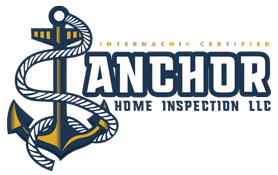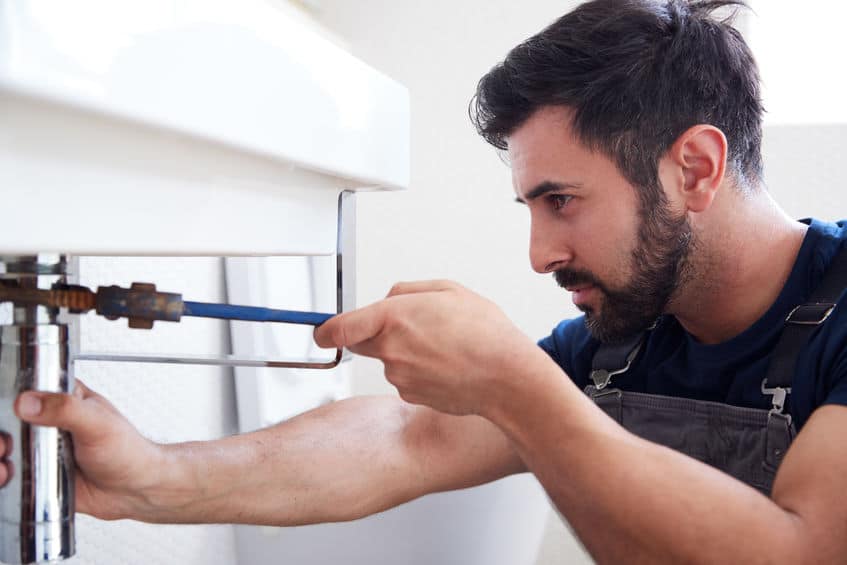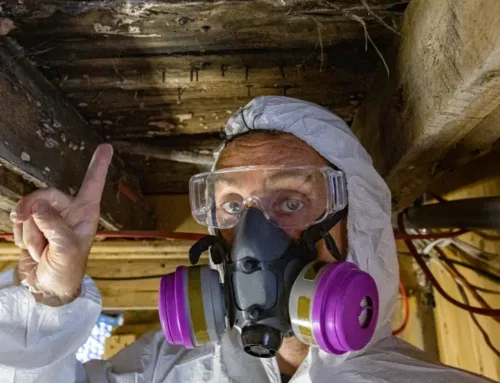What fixes are mandatory after a home inspection?
Did you know that there is actually no such things as a mandatory fix after a home inspection—well at least not legally.
One of the great things about an inspection is that it will find all kinds of issues within the home. While this might not seem great, it will expose issues like mold and chemical contamination to roof damage and plumbing issues. From these issues there will be some repairs that are more necessary than others in order to make the home habitable. On the other hand some of the repairs will fall into the “nice to have” category but may not need to be repaired or fixed before the buyer moves in.
In general, the buyers should request fixes to be done that address health hazards or major structural risks to the property. This can include repairs like:
- Mold or water damage
- Pest or wildlife infestation
- Fire or electrical hazards
- Toxic or chemical hazards
- Major structural hazards
- Building code violations
- Trip hazards
While cosmetic fixes might seem like a mandatory fix as they could effect curb appeal, they typically aren’t. These kind of cosmetic fixes, like wear and tear, aren’t mandatory or the responsibility of the seller. This is something to keep in mind if you are the seller or buyer.
There are a few other things that you want to consider when determining which fixes should be deemed “mandatory” in order to finalize a sale and which are optional. Some states actually have “as-is” contracts that can release the seller from any responsibility when it comes to making repairs. This means that the buyer is accepting the property in its current condition but has the right to walk away from the deal if the inspection turns up too many issues.
It should also be noted that there is a difference between repairs that a buyer is requesting and those that a lender or insurance company requires in order to underwrite a mortgage or a homeowner’s policy. In some cases if the bank isn’t satisfied with the results of an inspection and the planned repairs then you can actually be denied financing or insurance. In this case, certain fixes might be considered “mandatory” in order for a buyer to get a loan and close on the home.
What to do if the homeowner will not fix problems
While this isn’t an easy decision, the biggest step a buyer can take is to walk away from the deal if the homeowner won’t budge on repairs. This can be a hard decision to make specially if you have fallen in love with the home. But if you are unable to come to an agreement with the seller in order to make the property safe and habitable and at the right price point, then might consider moving on.
That being said, the possibility of repairs should be part of negotiations from the start. If you’re a buyer, then you can make your offer contingent on the outcome of the home inspection. This will offer you more leverage to work out fixes with the homeowner or walk away if needed.
You can also negotiate to lower the purchase price in order to account for the cost of repairs or a cash allowance. This will allow the previous homeowner to absorb some of the repair cost without having to manage or have them done themselves.
Who pays for repairs after a home inspection?
Figuring out if the buyer or seller pays for home repairs will depend on the contract you’ve negotiated and the state you live in. We mentioned the “as-is” contracts, where the buyer accepts the property in its current condition and takes on any financial responsibility for fixes. Another type of contract is a standard contract, which would require the seller to pay for certain repairs up to a specified dollar amount.
In a seller’s market, the buyer is more likely to have to take on more of the potential cost in order to make a competitive offer. But that doesn’t mean sellers can simply ignore necessary fixes.
Technically, all repairs can be negotiable between the buyer and seller. While this means the seller is not obligated to pay for anything, they should disclose all known issues in good faith and work with the buyer in the inspection process.
The bottom line: sadly there isn’t a hard-and-fast rule on who is responsible paying for the repairs, so you’ll want to be very clear about this up front with your offer. You will want to work with your real estate agent and attorney to figure out what the best option is for you.
Common repairs needed after a home inspection
Besides the things that designate a property safe and habitable, a home inspector will also look for issues and things that make your home live-able. You may be able to negotiate repairs on the following things with your seller, although these are less likely to be mandatory:
- HVAC issues
- Plumbing issues like poor water pressure or leaks
- Broken appliances
- Roofing (if not categorized as a structural hazard)
- Drainage issues
Figuring out which repairs are necessary and which ones are not will depend on different factors. You have to consider where you are, the contract you’ve negotiated, and whether your financing is contingent on certain repairs being made.
Requesting repairs after a home inspection
As a buyer, one big reason why you’ll want to negotiate repairs is to bring down your costs. This is especially true if you’re close to maxing out your budget and you have some fixes that you want done sooner rather than later. You also likely want your home to be as live-able as possible by your move-in date.
Of course, a key reason to negotiate repairs is to protect your investment for the long term.
When to walk away after a home inspection
Unfortunately home inspections can expose a number of repairs that might have you walking away. Depending on the number of repairs needed, you might not be able to negotiate important repairs, or if you’re selling and can’t make the repairs the buyer requests.
Buyers do have some leverage when it comes to negotiations as long as they don’t start with an as-is contract (which simply allows them to walk away but doesn’t leave room for repairs). As a buyer you are able to negotiate the purchase price or even ask for cash to cover some costs. This can be especially easy if the seller is eager to close the deal, and so they may be even more willing to accept terms.
Now if you’re the seller, then there are a few different of ways to appease your buyer without having to take on all of the responsibility when it comes to all of the requested repairs. First, you could offer the buyer something else inside the house. Things like furniture/décor, appliances, or that huge pool table you’d rather not move anyways. Of course, you can’t pick just anything, you’d have to choose things that they would find valuable and useful. The buyer might budge on the repairs if it means they won’t have to shop around and spend money on new furnishings.
Another option is to add a home warranty into the deal. You could offer the buyers a temporary coverage which would help them pay for any issues that might arise while the policy is active. If you’re the buyer and are considering this as part of your contract, make sure that you are aware of everything that is included in the policy. Home warranties don’t usually cover everything and can be tricky to know what all is covered.
With fixes after a home inspection, there’s always some give and take between buyers and sellers. No matter which side you’re on, make sure you understand your responsibility as laid out in your contract. If you don’t seem to be getting anywhere, it could be time to just walk away.
Call Anchor Home Inspection
Anchor Home Inspection is always available by phone to answer questions regarding your home. If you would like to consult with a professional about a home inspection, call Anchor Home Inspection now to schedule a home inspection today.
Anchor Home Inspections is a quality Home Inspector to Connecticut. Contact us to schedule a home inspection or any of our other home inspection services.









